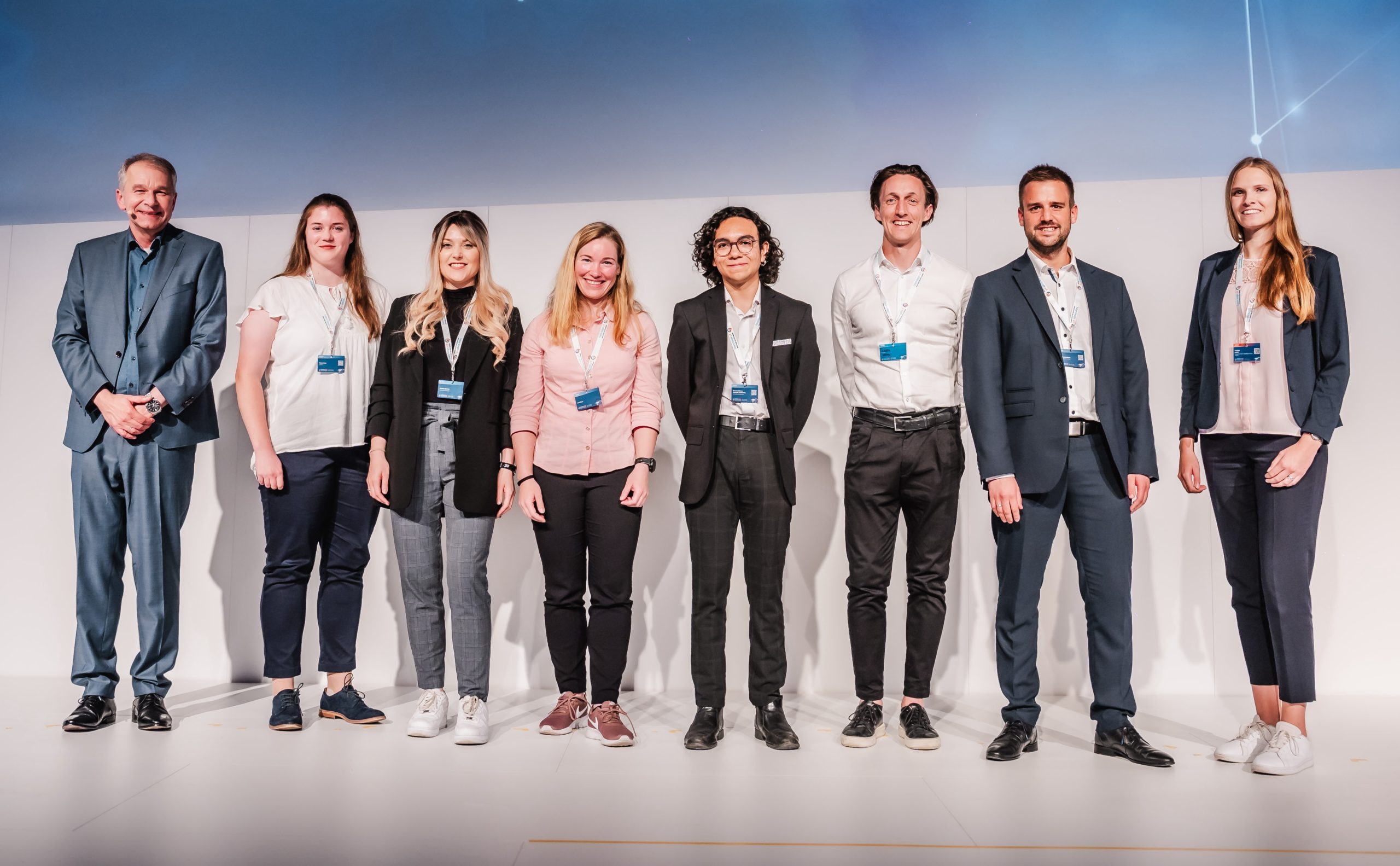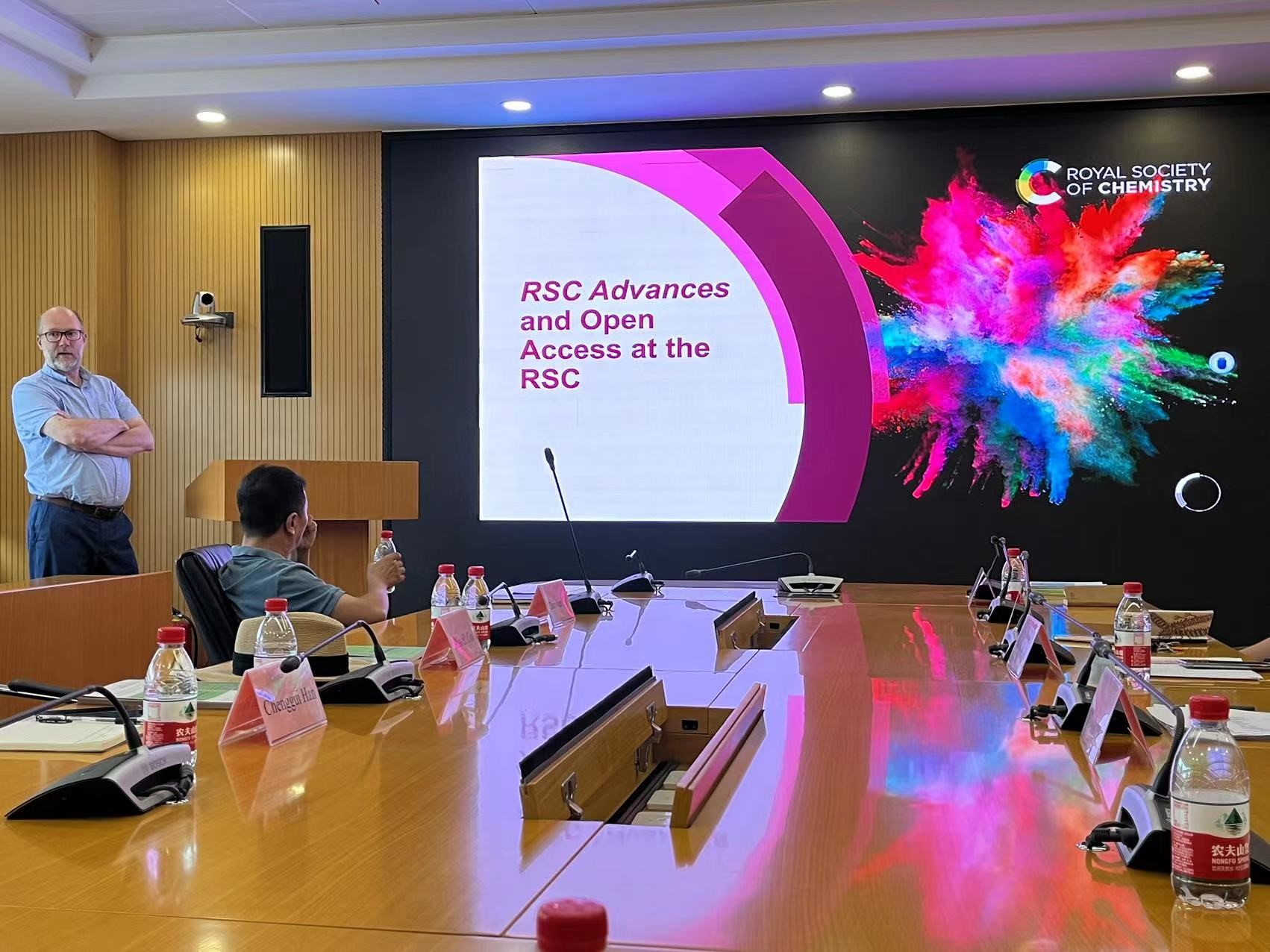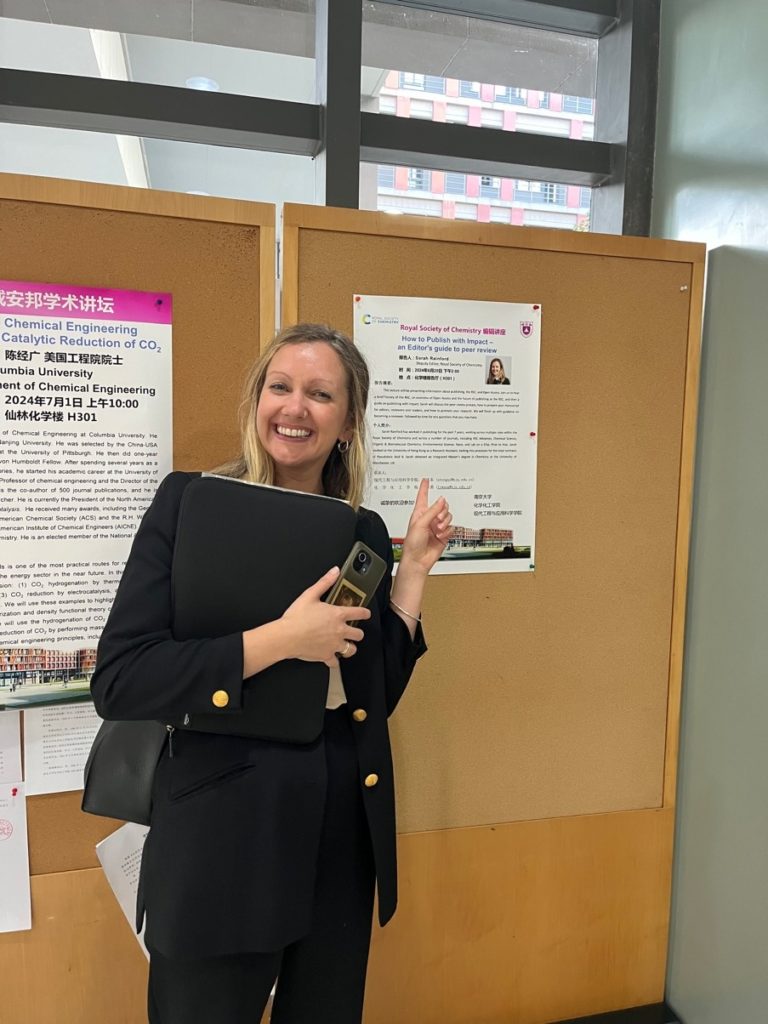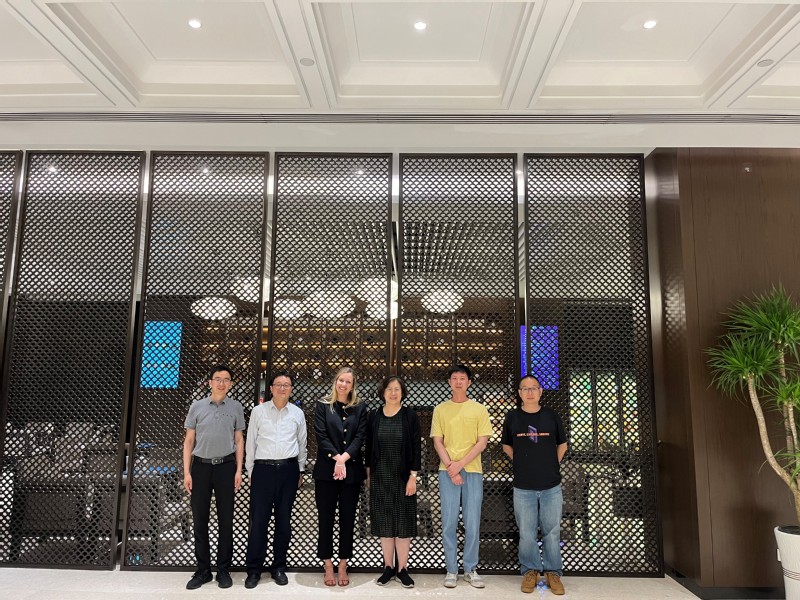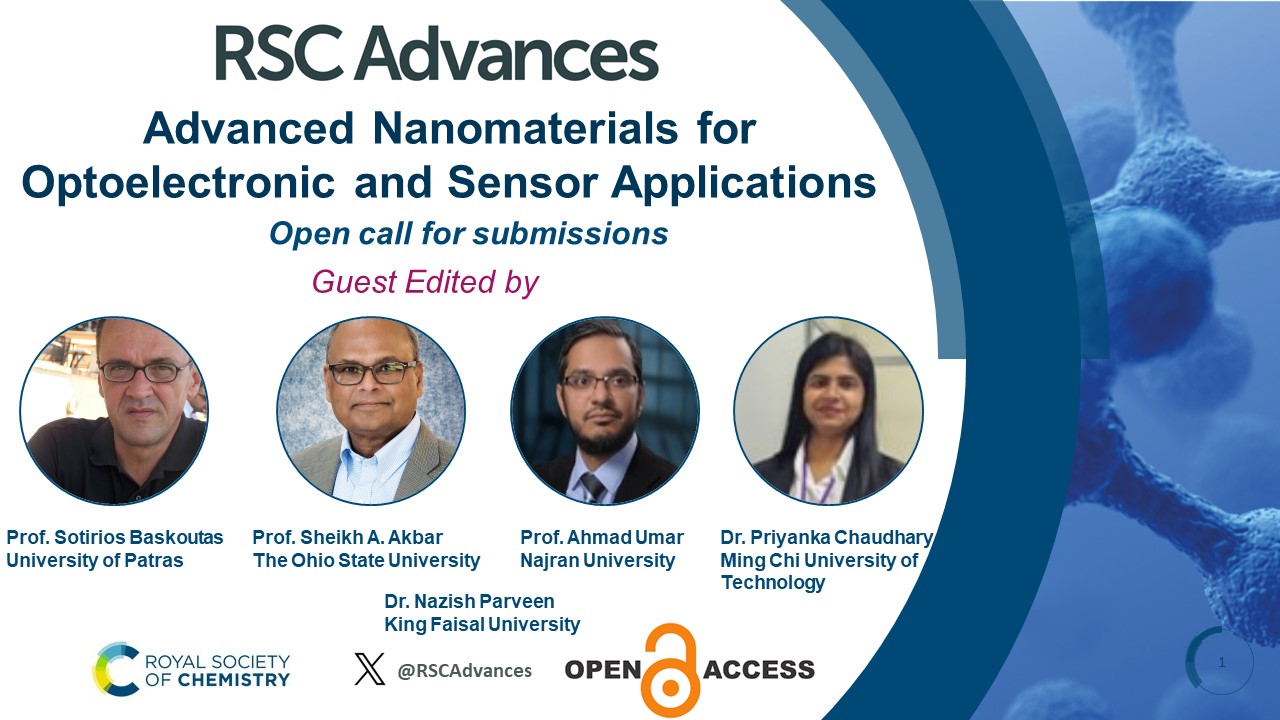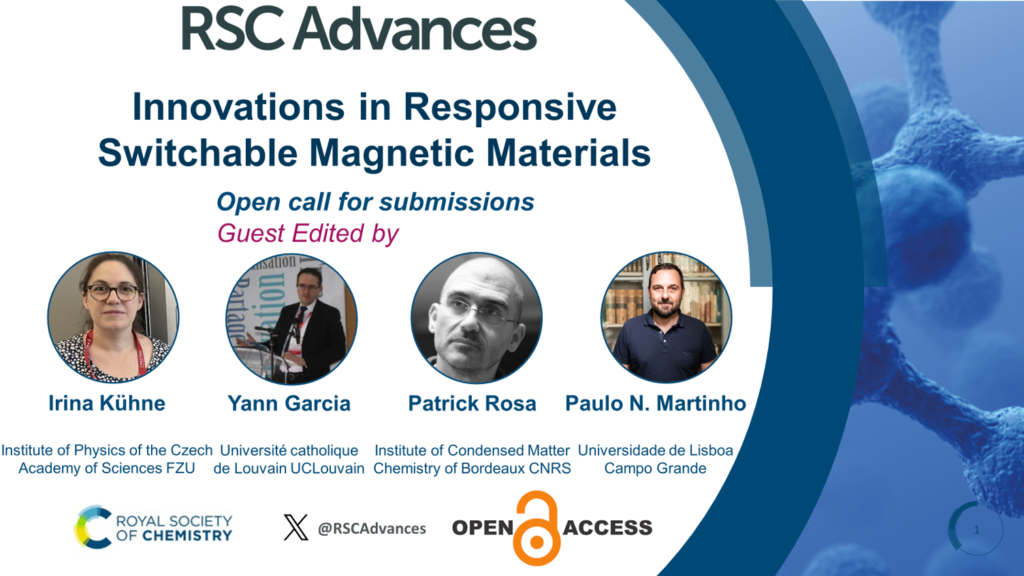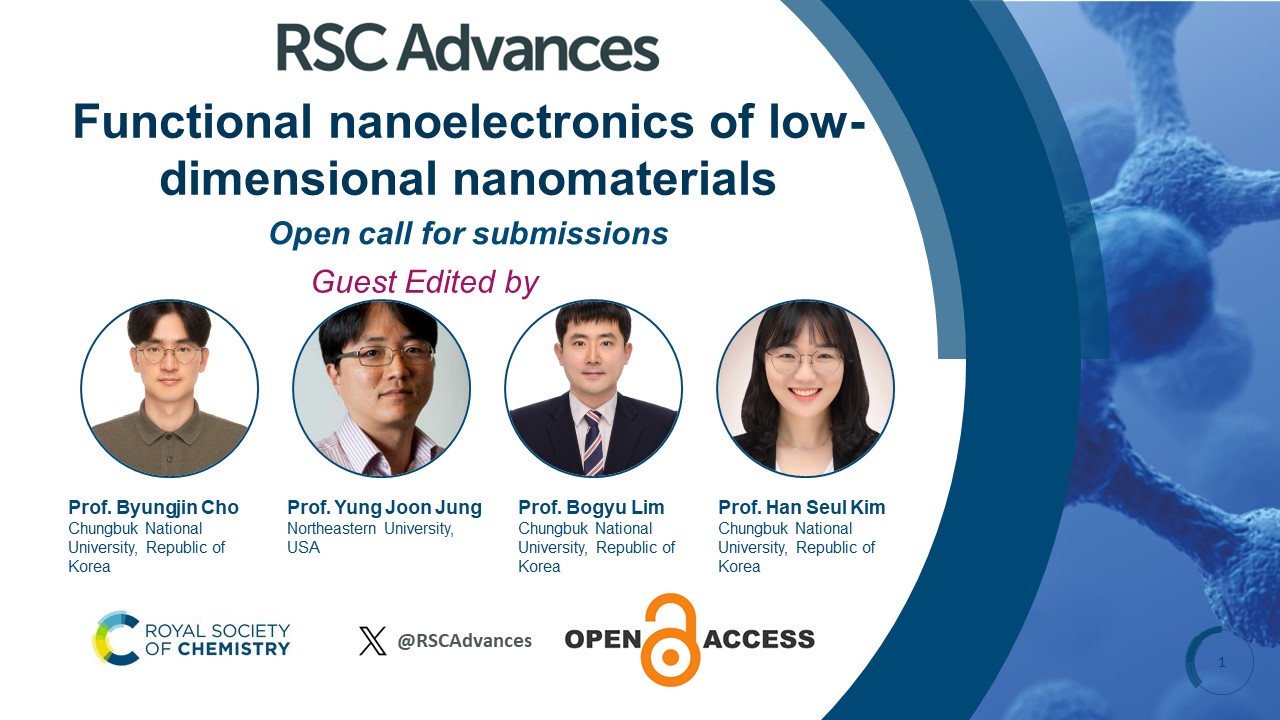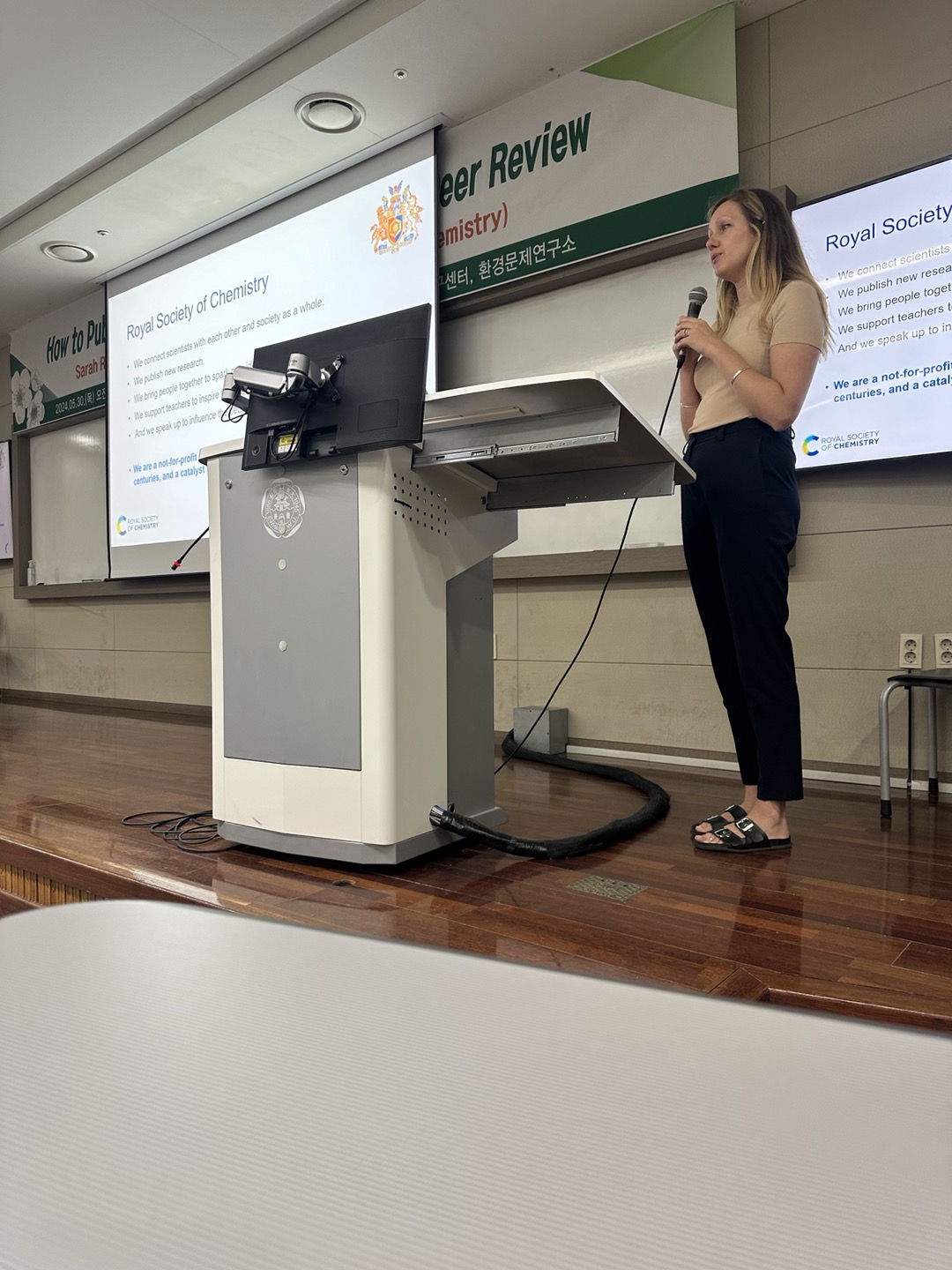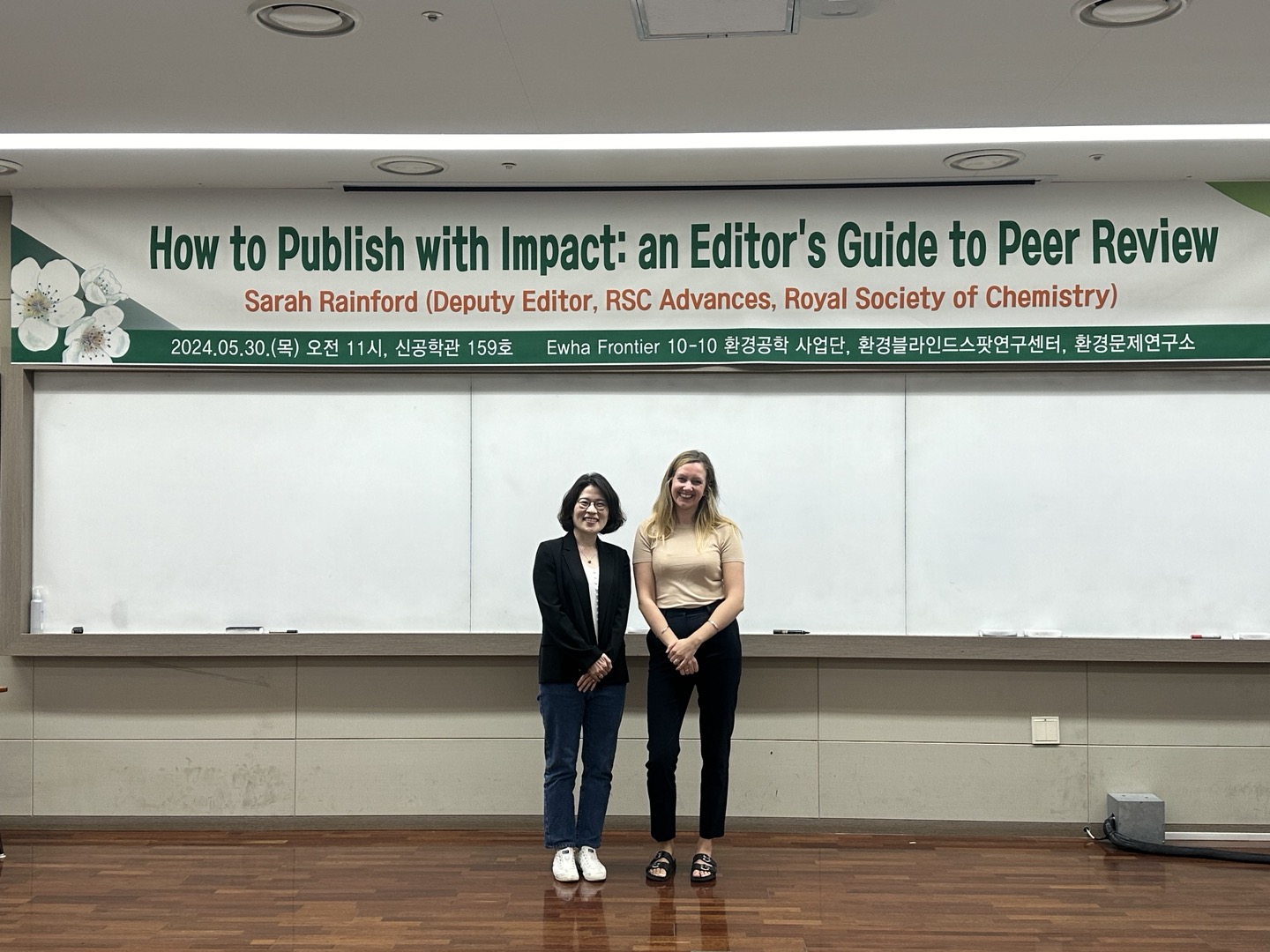Carbon dots (CD) have gained significant attention amongst researchers, including Aldakhil and co-workers at King Saud University in Saudi Arabia. CDs are amorphous nanospheres < 10 nm in diameter that are prepared by carbonizing organic precursors. CDs can be doped with heteroatoms depending on the initial organic material, and they can be further modified with polymers to add functional groups to their surface. They have many properties that make them useful, such as being stable photophysically and photochemically, being soluble in water, having low toxicity, being biocompatible, and having a fluorescence (FL) emission and excitation that are highly tunable. Thus, CDs have been explored in photocatalysis, bioimaging, FL probing, and analysis.
Aldakhil et al. created CDs using lignin from date seeds (DS) as a source of carbon. The seeds, abundant agricultural by-products, are made of cellulose, hemicellulose, and lignin. The lignin was obtained by sonicating the seeds with NaOH and precipitating the desired product with dilute sulfuric acid. To synthesize CDs from the isolated lignin, a hydrothermal method was chosen because it is straightforward without needing special equipment. Furthermore, simple modifiers (H3PO4 and HCl) were explored to yield CDs with a reasonable FL quantum yield (QY). This is necessary since pure carbon nanoparticles lack FL, but it is increased by the presence of functional groups.
The optimal process to synthesize CDs with the highest FL from DS-derived lignin involved sonicating 1.50 g lignin in 18 mL 2 M NaOH, 1 mM H3PO4, and 3 mM HCl for 30 min before autoclaving for 16 h at 220 °C. The resulting product (PClCD) was dialyzed and filtered to remove impurities prior to analysis. According to TEM, these PClCDs had an average diameter of 5.08 ± 1.60 nm and XRD results suggest that an amorphous graphene oxide-like structure with several oxygen-containing functional groups was formed. This was further proved by IR and EDX analyses that indicate the presence of carboxylic acid groups and successful phosphorus and chlorine doping. The bandgap of the PClCDs was calculated with UV-vis to be 4.51 eV which is similar to others reported in literature. The photoluminescence (PL) behavior was studied using FL spectroscopy and the highest emission intensity was observed at at λex of 350 nm and compared with that of quinine sulfate to determine that the QY of the synthesized PClCDs was 37.7%. Compared to previous studies using biomass to create CDs, the authors propose that this value is greater because of the electron-withdrawing properties of chlorine and phosphorus atoms.
CDs are often used as fluorescence sensors to detect metal ions, anions, and molecules. They have already been used to detect several drugs because once specific drugs interact with CDs, they quench their emission signal. The researchers developed a fluorimetric method to detect valsartan, an angiotensin II receptor blocker that prevents chronic high blood pressure by stopping the constriction of blood vessels. This detection could be used to evaluate patients seeking assessments and assign risk factors.
The spectrofluorimetric method relied on comparing the change in FL at λex/em of PClCDs by plotting the FL difference (F0 – F) as a function of valsartan concentration (4 – 100 μg mL-1). The results produced strong correlation coefficients and low standard deviations and the percent recovery reported was 100.55 ± 1.19%. The LOD and LOQ were calculated to be 1.23 and 3.71 μg mL-1, respectively. These results were comparable or better than previously reported analytical methods and uses nontoxic and mild conditions. Overall, this study has successfully developed a simple and inexpensive spectrofluorimetric method to detect valsartan in samples with satisfactory results. In future studies, it would be interesting if the concentrations of valsartan and/or other drugs are measured in solutions that mimic bodily fluids instead of water using this spectrofluorimetric method.
Check out the article, recently published in RSC Advances:
Hydrothermal synthesis of modified lignin-based carbon dots derived from biomass waste for fluorescence determination of valsartan
Fatehmah Aldakhil, Nawal A. Alarfaj, Salma A. Al-Tamimi and Maha F. El-Tohamy
RSC Adv., 2024,14, 19969-19982
About the Web Writer:
Sarah Boudreau is a 3rd year PhD candidate at Memorial University of Newfoundland (MUN) in St. John’s, NL, Canada, studying under the supervision of Dr. Francesca Kerton. In 2021, she completed her BSc (Honours) in Chemistry at Cape Breton University, NS, Canada while researching the extraction of birch bark-oil (Maskwiomin) with Dr. Matthias Bierenstiel using an Indigenous Two-eyed seeing approach. She is currently an Ocean Graduate Excellence Network (OGEN) scholar who works in collaboration with the National Research Council of Canada (NRC) to transform wasted by-products of the seafood processing industry to nanomaterials with applications in high-value sectors. Sarah is particularly interested in applying the principles of Green Chemistry to help achieve a circular economy and net zero goals.
Submit to RSC Advances today! Check out our author guidelines for information on our article types or find out more about the advantages of publishing in a Royal Society of Chemistry journal.
Keep up to date with our latest Popular Advances, Reviews, Collections & more by following us on Twitter. You can also keep informed by signing up to our E-Alerts.













